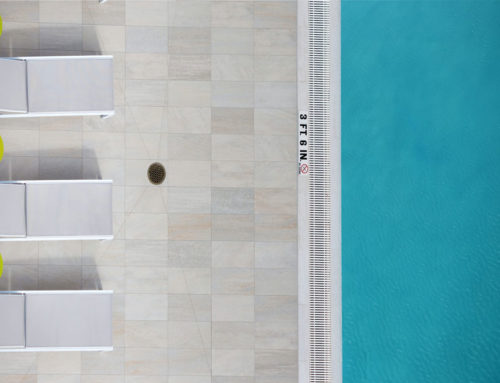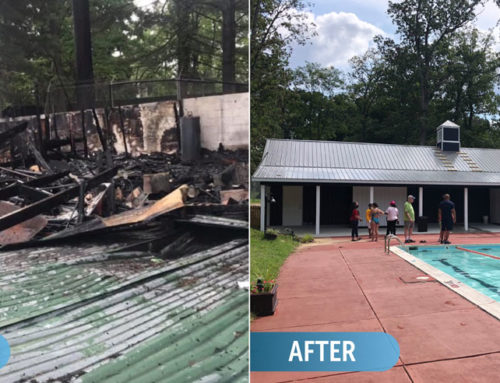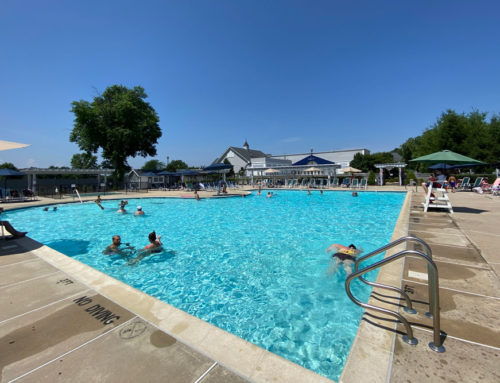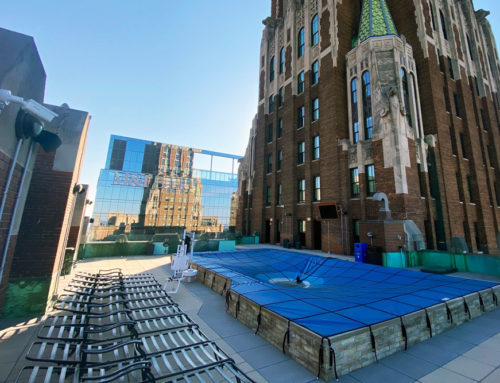Earth Day has come and gone, but if you’re like us, energy savings are a year round priority. For many, not only do you want to lower costs, but also diminish your carbon footprint. We know it can be hard to keep track of all the energy saving ideas out there, so here are three quick and easy tips to keeping your pool energy efficient.

Waste Not, What Not!
Those with pool heaters will be happy to know that turning the unit off completely when it is not in use will actually save you money. It is a myth that it will take excessive amounts of energy for the pool heater to heat the pool back up to your desired temperature. Even turning the pool heater down a few degrees can save you energy and cash in the long run! Using a pool cover during the swim season can drastically reduce water evaporation by up to 90%, which helps lower heating costs, water replacement costs, and keeps your pool clear of debris when not in use. Check out a solar cover if you want your cover to also help heat your pool.

Time For an Upgrade
The smaller your pump is, the less energy it is going to use. However, it is important to utilize your pools sizing chart when looking for the correct pump. We recommend choosing the smallest size, high efficiency pump that will work for your pool. In a study of 120 pools, those who downgraded to a smaller pump size saved $140 per year on energy costs. In order to maintain maximum filtration, regularly backwash or clean your filter depending on its factory requirements. For more information on how to properly backwash your filter, check out some backwashing tips here.

Slow Your Roll
Many pool owners run their pumps much longer than necessary. Pumps should only operate around 6 hours per day, which can save you save you 60% on your bill for pumping. The pump is mainly for properly circulating the water when chemicals are added to it and bringing small debris to the filters. It is not necessary to recirculate the water every day to remove debris. Using a skimmer is the most energy efficient way to remove debris. Also, chemicals in the water and scrubbing the pool walls are the best ways to reduce the growth of algae, not your pump. Make sure to keep your intake grates clear of debris, as clogged drains can force your pumps to work harder and use more energy. Install an automatic timer for your pumps, letting them run in the evening during non-peak energy hours and while your pool is not in use. Don’t stress about turning them on and off ever again!
While these changes may seem small now, they’ll make a big impact over time! Whether it be a smaller and more efficient pump or an upgraded solar cover for your pool, we can help you achieve your energy saving goals this year. Submit a request today!





